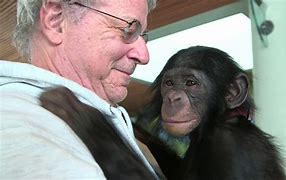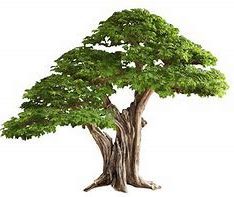
Theory

Biocentrism, an Ethical Perspective
Biocentrism is an ethical perspective holding that all life deserves equal moral consideration or has equal moral standing. Elements of biocentrism can be traced back to various religious and philosophical traditions: The systematic exploration of biocentrism and Environmental Ethics within Western philosophical ethics began in the late 20th century, influenced by the environmental movement and growing awareness of ecological crises. In the…

Ecosophy: Our Relationship with the Planet
The link between human beings and nature has been weakening since the modern era: the Earth is no longer understood as an integrated and living being, but as an inert and material entity to be exploited. Philosophers such as Raimond Panikkar propose (re)initiating a new relationship with nature from a philosophy that accepts the human…

CELDF and the Universal Declaration of the Rights of Mother Earth
In 2010, Bolivia hosted the World People’s Conference on Climate Change and the Rights of Mother Earth. A key outcome of the conference was the Universal Declaration of the Rights of Mother Earth, which Community Environmental Legal Defense Fund (CELDF) assisted in drafting. CELDF mission is to build sustainable communities by assisting people to assert…

New Guidebook for U.S. Tribal Nations in Adopting Rights-of-Nature Laws
As highlighted in a Mongabay Series: Indigenous Peoples and Conservation, Indigenous-led conservation A newly published guidebook is the latest contribution to this effort. Published by the Native-led Bioneers Indigeneity Program, the Guide to Rights of Nature in Indian Country provides strategies and resources for Indigenous communities interested in enacting laws granting ecosystems, landscapes and species legal rights and personhood. Bioneers…

Deep Ecology Movement: Organizing Principals
In the early 1970s, after three decades teaching philosophy at the University of Oslo, Mr. Naess (pronounced Ness), an enthusiastic mountain climber and an admirer of Rachel Carson’s “Silent Spring,” threw himself into environmental work and developed a theory that he called deep ecology. Naess suggested that the environmentalist movement needed to do much more…

‘Legal Animism’: When a River or Nature goes to Court –
“Legal Animism” actually appeared for the first time in the writings of French legal researcher Marie-Angèle Hermitte. In Ecuador and in Bolivia, we can find a common undercurrent of influences or frictions that pervades these two colliding worldviews. All at once, influences from North American environmental lawyers meld with the use of the divine Earth Mother…

Stone’s Classic, “Should Trees Have Standing? — Toward Legal Rights for Natural Objects”
Christopher Stone proposed that we give legal rights to forests, oceans, rivers and other so-called “natural objects” in the environment-indeed, to the natural environment as a whole. Stone argued that “to say that the natural environment should have rights is not to say anything as silly as that no one should be allowed to cut down a tree.”

Steven Wise, Champion of Animal Rights, Is Dead at 73
Adapted from an obituary by reporter for The NY Times Sam Roberts, NYT Feb. 22, 2024 Steven M. Wise, an animal rights lawyer, died on Feb. 15 at his home in Coral Springs, Fla. He was 73. The cause was complications of glioblastoma, an aggressive form of brain cancer, his child Siena Wise said. Wise wrote…

“Trees have standing”
In this case the Court held that the public interest in environmental resources — an interest created by statutes affecting the issuance of this permit — is a legally protected interest affording these plaintiffs, as responsible representatives of the public, standing to obtain judicial review of agency action alleged to be in contravention of that public interest.”

OLIVER WENDELL HOLMES, JR. and the NATURAL LAW
For Holmes, law and society are always in flux, and courts adjudicate with an eye to law’s practical effects. Morality has nothing to do with law; it amounts to little more than a state of mind.
- 1
- 2

